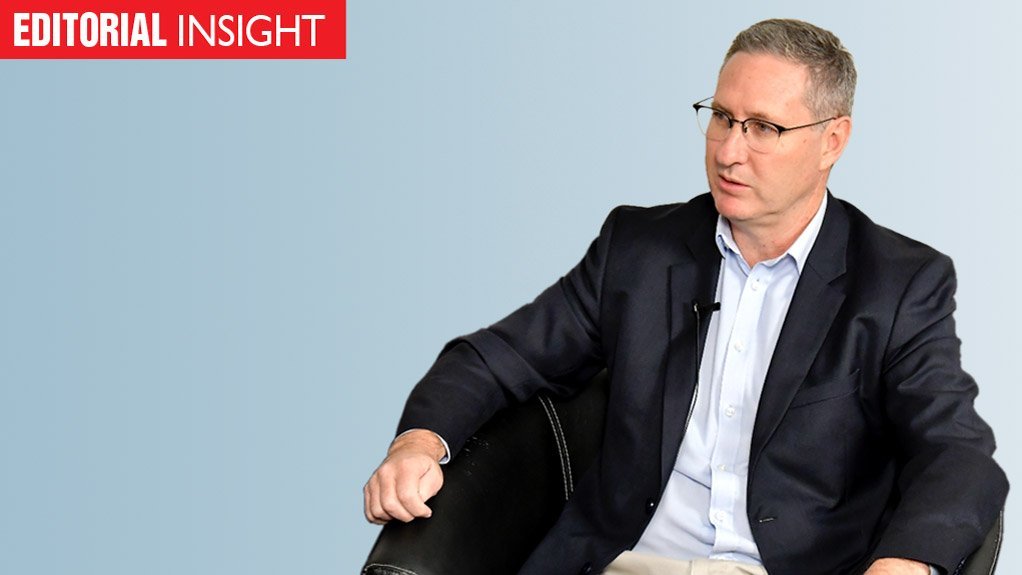The passing of the Electricity Regulation Act (ERA) by the National Assembly earlier this month represents a significant milestone in the ongoing evolution and reform of South Africa’s struggling electricity supply industry.
The passage of the legislation through Parliament has not been smooth and the outcome is not perfect, as highlighted by Democratic Alliance MP Kevin Mileham during a debate on the Bill, which he supported, with some reservations.
Mileham is particularly concerned about the discretion granted to the Minister in relation to determining new generation capacity, as well as the power bestowed on the National Energy Regulator of South Africa regarding tariff setting.
It is also unlikely that the Act will be implemented before the dissolution of Parliament ahead of the May 29 elections, with the National Council of Provinces still to consider the legislation.
Nevertheless, the Bill’s progress to date has been remarkable and relatively speedy, particularly when considering the inexplicable lag between its approval by Cabinet in April last year and its eventual tabling in August.
While imperfect, it does at least set South Africa on course to potential supply security by aligning the country’s electricity architecture with global best practice, whereby the playing field is made more level for participants so that the investments required to close the prevailing gap between supply and demand can be feasibly attracted.
Importantly, the legislation makes provision for the establishment of a State-owned Transmission System Operator (TSO) that is separate from Eskom, which has hitherto functioned (unsuccessfully in recent times) as a vertically integrated monopoly covering generation, transmission and distribution.
Already Eskom is moving in that direction, with the establishment of the National Transmission Company South Africa (NTCSA) as a separate subsidiary, with its own board, under Eskom Holdings.
What the ERA will ensure is full legal separation in time – a move that the University of Cape Town’s Power Futures Lab describes as critical to ending loadshedding and anchoring the power system’s future sustainability in line with what has already been done in over 100 countries.
“Separating transmission from Eskom is key to removing the inherent conflict of interest currently blocking meaningful reform.
“That is, as long as Eskom remains the power system’s primary power producer, buyer (of electricity from its own plants as well as independent power producers), and sole owner of the monopoly grid transmitting power around the country, a competitive power market is impossible.”
The TSO, Power Futures Lab states in a briefing note, is key to insulating the heart of the power system from Eskom’s financial woes and ensuring fair and transparent access to the grid and energy markets.
That said, efforts should be made to improve the legislation further during future Parliamentary processes, which are likely to unfold only after May.
While sustaining the reform momentum will be vital after the elections, there is still arguably a case to be made for less haste and more speed when it comes to this piece of legislation.
EMAIL THIS ARTICLE SAVE THIS ARTICLE ARTICLE ENQUIRY
To subscribe email subscriptions@creamermedia.co.za or click here
To advertise email advertising@creamermedia.co.za or click here











